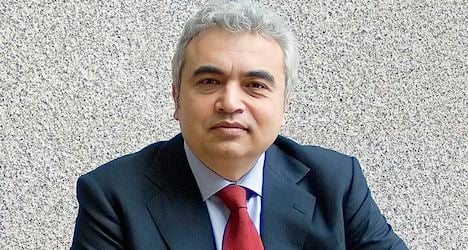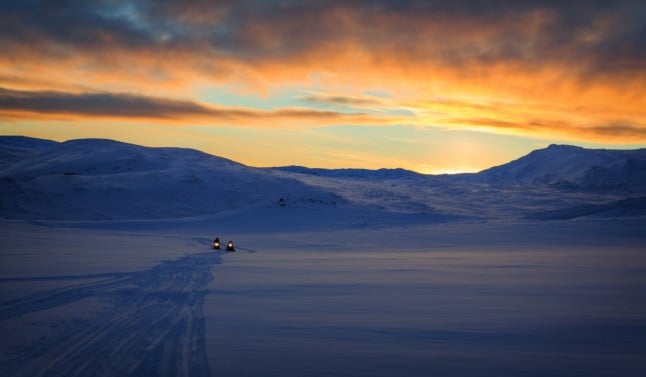"With the death of the king, with the changes (in government), I do not expect any significant change in the oil policy of Saudi Arabia and I expect and hope that they will continue to be a stabilization factor in the oil markets," Fatih Birol told AFP on the sidelines of the World Economic Forum in Davos.
"I hope they will continue to contribute to the stability of the oil markets . . . especially in these days where we are going through difficult days," he added.
The elderly King Abdullah died earlier Friday and was replaced by his half-brother Salman as the absolute ruler of the world's top oil exporter and the spiritual home of Islam.
As the top producer in the Organization of the Petroleum Exporting Countries, Saudi Arabia has been the driving force behind the cartel's refusal to slash output to support oil prices, which have fallen by more than 50 percent since June.
Oil prices surged Friday following Abdullah's death, amid uncertainty over whether the new king would maintain that policy.
King Abdullah II of Jordan and other Middle Eastern dignitaries left the Davos forum on Friday, flying home early on news of King Abdullah's death, event organizers told AFP.
The Jordanian king was set to address the world's financial and political elite in a speech at 2.15pm, but the address was cancelled, WEF planners said.
Saudi Arabia's Prince Turki Al Faisal Al Saud, another half-brother to King Abdullah, also left the posh ski resort, cancelling a Friday morning appearance alongside ministers from Canada and Germany.
Meanwhile, Israel's former president Shimon Peres told reporters in Davos that the death of King Abdullah was "a real loss for the peace of the Middle East".
"He was an experienced leader and a wise king," Peres said.
"He had the courage . . . to stand up and introduce a peace programme for the Middle East," he said, referring to the 2002 Arab Peace Initiative.
"I'm not sure that we could have accepted all the items in the peace process but the spirit, the strength and the wisdom invested in it" led to a process that serves still as "a powerful base for making peace."
The peace initiative put forward by Abdullah offered Israel blanket recognition from 22 Arab states in return for an independent state for the Palestinians.



 Please whitelist us to continue reading.
Please whitelist us to continue reading.
Member comments